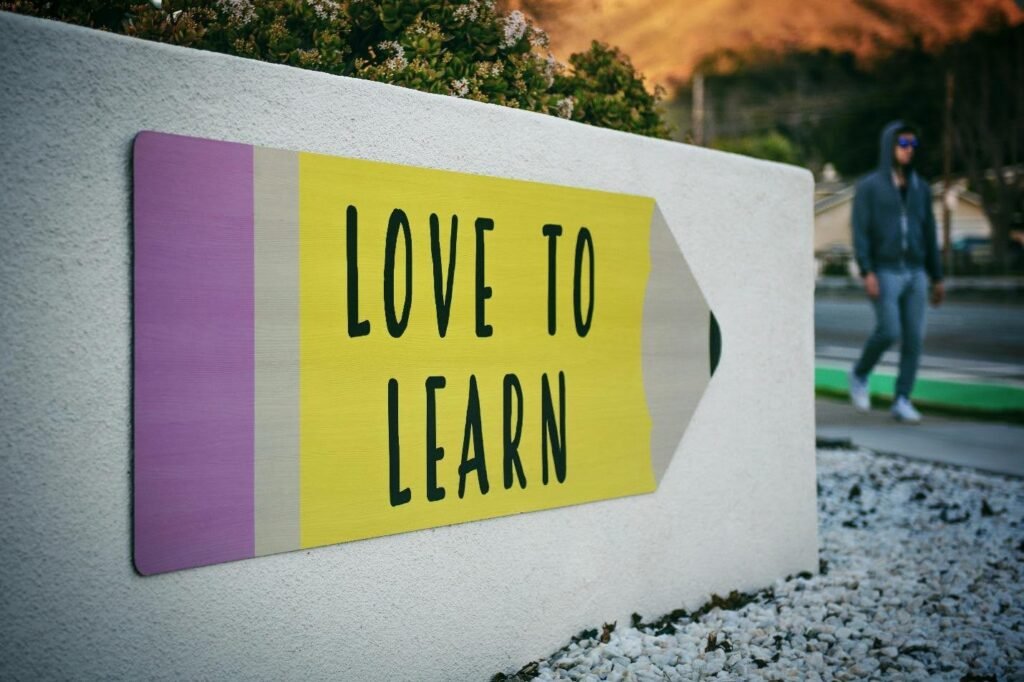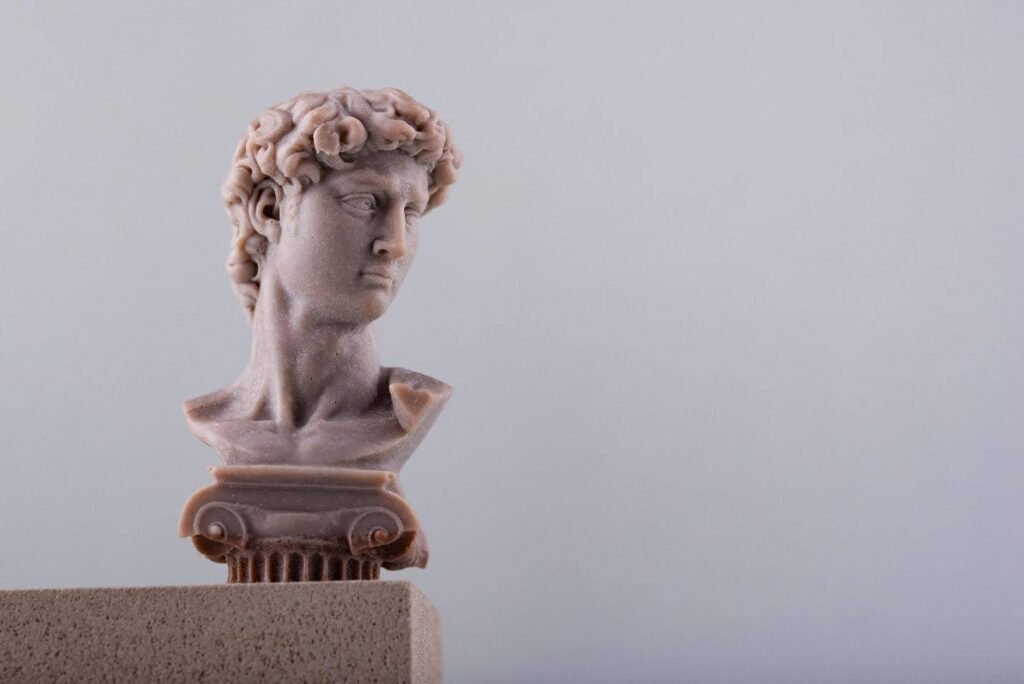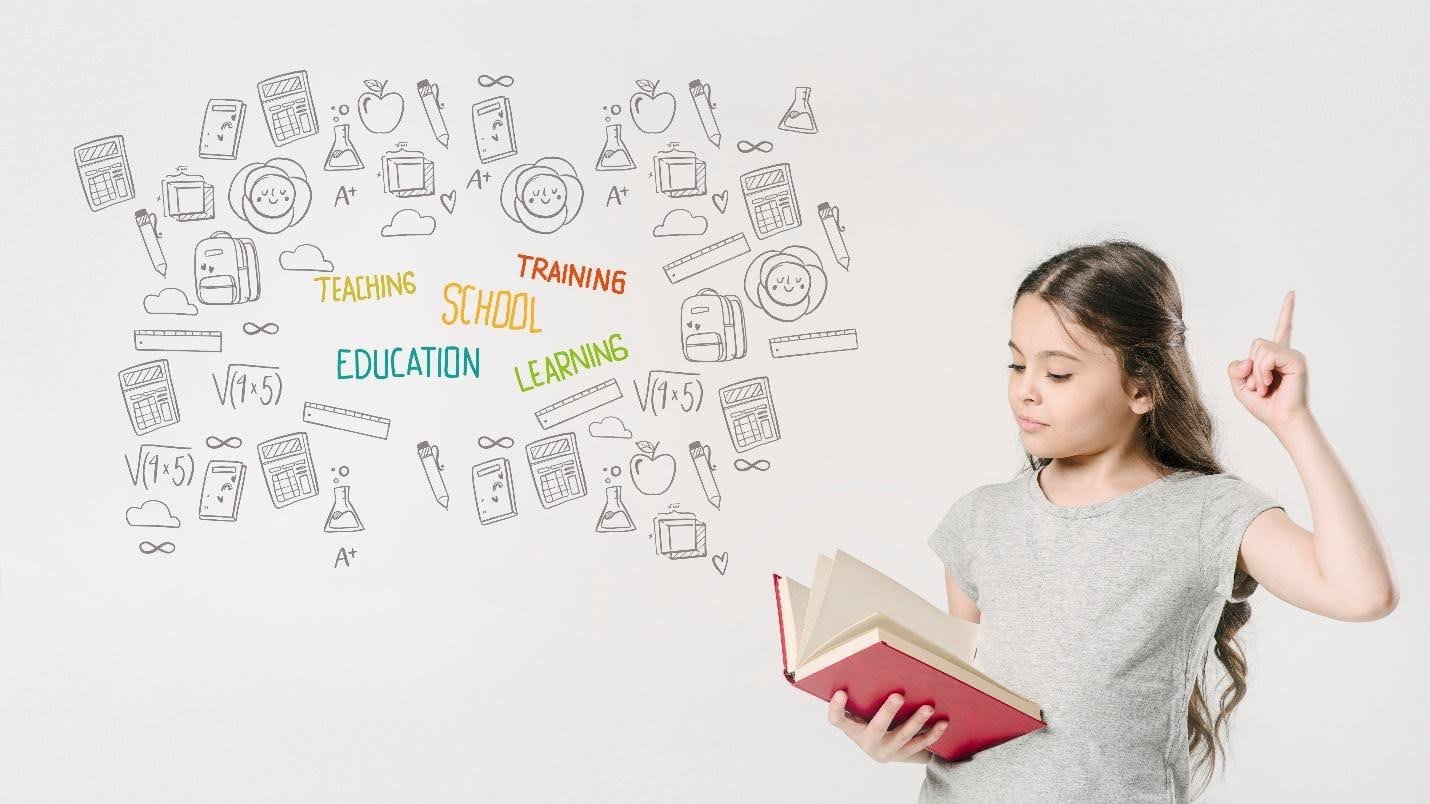What is Philosophy of Education?

The term philosophy of education may sound abstract, but it plays a vital role in shaping how we teach and learn. Whether you’re a parent, teacher, student, or policy-maker, understanding this concept helps make sense of educational systems and classroom practices. But what exactly is it? And why does it matter so much today?
Table of Contents
ToggleDefining Philosophy of Education

Philosophy of education is a field of study that applies philosophical methods to understand educational principles, values, and goals. It involves asking deep questions like:
– What is the purpose of education?
– What should be taught?
– How should students learn?
– What is the role of a teacher?
According to the Encyclopedia Britannica, it examines both the practical and theoretical aspects of education, combining logic, ethics, and pedagogy.
Major Branches of Educational Philosophy

There are several schools of thought within the philosophy of education. Here are the main ones:
1. Perennialism
This philosophy advocates teaching eternal truths and classical knowledge. Think of reading Plato, Shakespeare, and Euclid. The focus is on intellectual and moral development.
2. Essentialism
Popular in many modern classrooms, essentialism emphasizes core subjects like math, science, history, and language. It prioritizes basic skills and academic rigor.
3. Progressivism
Championed by John Dewey, progressivism supports hands-on learning, critical thinking, and education tailored to individual student interests. Learn more at Dewey’s Progressive Education.
4. Constructivism
This modern educational philosophy believes learners build knowledge through experiences. Teachers act more as facilitators than traditional instructors.
5. Existentialism
Existentialist educators promote individual choice and self-directed learning. Education should help students find their own meaning and purpose.
6. Social Reconstructionism
This branch believes education should drive social change. It emphasizes equity, justice, and solving real-world problems in the classroom.
Why Philosophy of Education Matters

You might wonder, “Isn’t this all theoretical?” Not at all. Your school’s curriculum, the role of exams, and even how your teacher disciplines students—all stem from a guiding educational philosophy.
Here’s why it matters:
– Clarifies Educational Goals: Should schools focus on job skills or moral values? Philosophy provides direction.
– Informs Policy: From curriculum design to inclusive education policies, philosophical beliefs shape decisions. UNESCO’s education strategies are rooted in such philosophies.
– Empowers Teachers: A teacher aware of their own educational philosophy can better align their teaching methods with student needs.
– Builds Better Learning Environments: When schools have a clear philosophical foundation, they foster more effective, inclusive, and ethical learning spaces.
Philosophy of Education and Modern Classrooms

In the age of AI, online learning, and personalized education, philosophy still holds its place. Teachers and administrators must constantly ask:
– Are we educating for tests or for life?
– How do we maintain equity in digital classrooms?
– Should students learn to code or to think?
Modern movements like critical pedagogy (championed by Paulo Freire) are reshaping classrooms to be more democratic, participatory, and socially aware.
Moreover, concepts like inclusive education, student-centered learning, and growth mindset stem from philosophical foundations.
Famous Educational Philosophers

Many thinkers have shaped our understanding of education. Here are some key figures:
1. Plato
Believed in an ideal education system that nurtures both the body and soul. His vision is detailed in The Republic.
2. Aristotle
Focused on practical education and character development. He saw education as the means to achieve a virtuous life.
3. John Dewey
Father of progressivism, he believed education should be rooted in real-life experiences and democracy.
4. Paulo Freire
Introduced the idea of conscientization—education as a tool for social awakening. His book Pedagogy of the Oppressed is widely studied.
5. Maria Montessori
Advocated for child-led learning environments where children learn through exploration and discovery.
Conclusion
The philosophy of education is not just an academic concept; it’s a framework that influences every aspect of teaching and learning. Whether it’s how we structure a school day or what values we teach, philosophical thinking is at the core.
In today’s ever-changing world, with growing emphasis on critical thinking, empathy, and adaptability, understanding educational philosophy is more important than ever.
If you’re an educator, ask yourself:
What is my teaching philosophy?
And if you’re a parent or student, explore what kind of education aligns with your values and goals.




